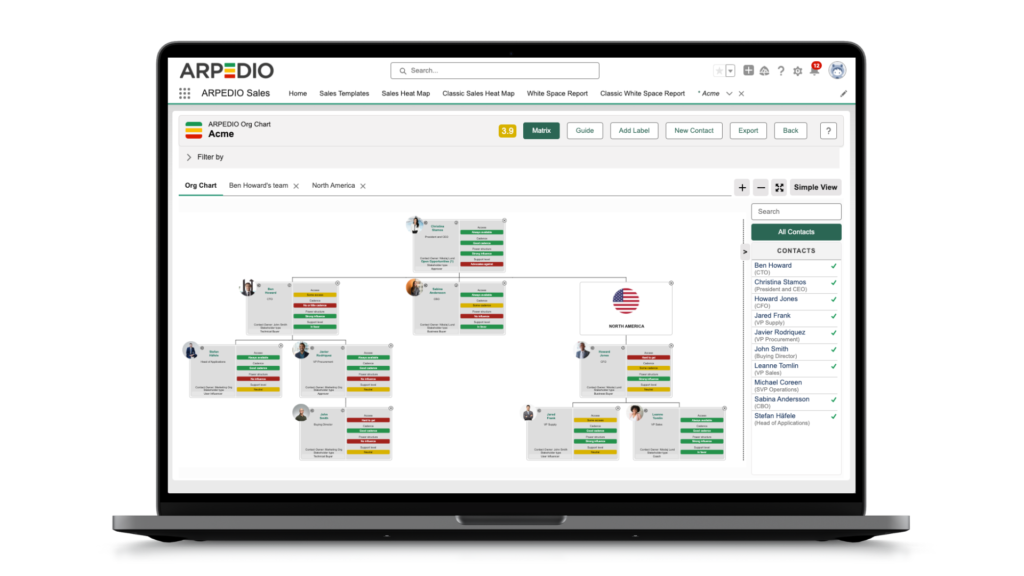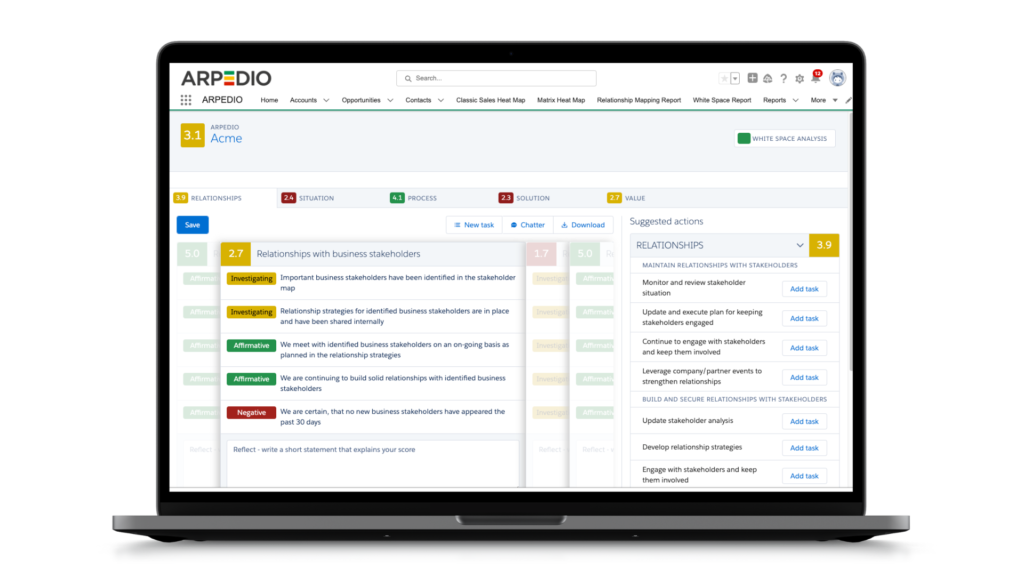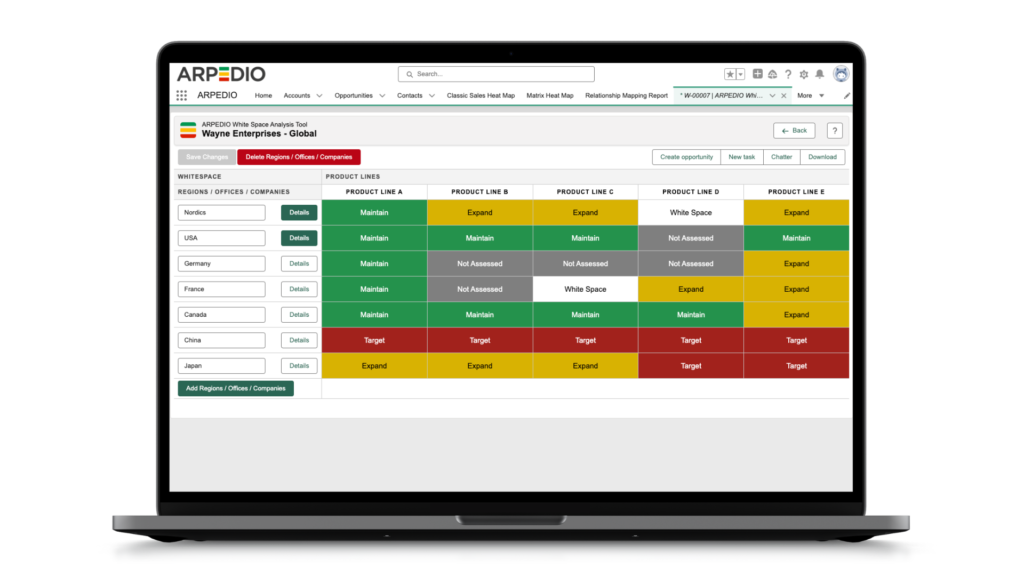In the world of business, Account Management and Account Planning are two essential concepts that play a critical role in driving client success and business growth. While the terms may seem interchangeable, they refer to two distinct processes that serve different purposes. In this section, we will delve into the key differences between Account Management and Account Planning. Understanding these concepts is crucial for optimizing your business strategy and ensuring client success.
What is Account Management?
Account Management is a critical function in sales and customer service, centered around the maintenance and nurturing of existing customer relationships. Unlike account planning, which is strategic and future-focused, account management deals with the ongoing, day-to-day interactions with clients, ensuring their immediate needs are met and their experience with the company is positive.
The primary objective of account management is to maintain and strengthen client relationships. This involves regular communication with clients, addressing any issues they face, and providing timely support. Account managers serve as the primary point of contact for clients, representing their needs and feedback within the company and ensuring that the services or products are delivered as promised.
In account management, there is a strong emphasis on customer satisfaction. Account managers work closely with clients to understand their current requirements and expectations. This continuous interaction helps in identifying opportunities for additional services or products that could benefit the client, thereby potentially expanding the business relationship.
Another key aspect of account management is problem-solving. Account managers are often the first to respond to client concerns and are responsible for resolving these issues effectively. They play a crucial role in managing customer expectations and ensuring that any challenges are addressed in a manner that maintains trust and confidence.
Account management also involves coordination with other departments, such as sales, marketing, and product development, to provide feedback on client needs and market trends. This collaboration ensures that the company’s offerings remain relevant and competitive, and client relationships are strengthened through tailored solutions and responsive service.
In essence, account management is about ensuring the health and longevity of client relationships. It requires a hands-on approach, focusing on client satisfaction, effective problem-solving, and continuous engagement. By effectively managing these relationships, account managers lay the groundwork for sustained business success and the potential for future growth through client retention and expansion.
What is Account Planning?
Account Planning in the realm of sales and customer relationship management is a strategic and forward-thinking approach, concentrating on the growth and development of customer accounts for future success. This process demands a comprehensive analysis of the client’s business, encompassing an understanding of their industry, competitive environment, and specific needs. The goal is to align the company’s offerings with these needs in a way that fosters mutual growth.
At the heart of account planning lies a detailed client analysis. It involves a deep dive into the client’s business model, their position within the industry, and their long-term objectives and challenges. This analysis helps in crafting a strategy that is not only tailored to the client’s current requirements but also anticipates their future needs.
The development of this strategy is a critical component. It involves setting specific objectives and milestones, which include identifying sales targets and opportunities for upselling or cross-selling. The plan aims to create a pathway to support and enhance the client’s business through the company’s products or services.
Another crucial aspect of account planning is the focus on building long-term relationships. This approach positions the company as more than just a vendor; it strives to establish a consultative role, where the company becomes a trusted advisor, deeply invested in the client’s success.
Collaboration and coordination across various departments of the company, such as sales, marketing, and product development, are essential to ensure the successful implementation of the account plan. This collaborative effort ensures that the plan is in sync with the overall business strategy and capabilities.
Finally, account planning is not a set-and-forget strategy. It requires continuous monitoring of performance against set objectives, with an openness to adapt the strategy in response to changing market conditions, client feedback, and business outcomes. This adaptability ensures that the account plan remains relevant and effective in driving long-term growth for both the client and the company.
In summary, account planning is about strategically nurturing and growing customer relationships. It’s a proactive and dynamic approach, focused on long-term success and rooted in a deep understanding of the client’s evolving business landscape.
Key Differences between Account Management and Account Planning
Account Management and Account Planning are two distinct terms in the sales domain, each with its own specific focus and responsibilities.
Account Management:
Focus: This term primarily refers to the ongoing process of managing relationships with existing customers. It involves ensuring customer satisfaction, addressing their needs, and maintaining a positive, long-term relationship.
Responsibilities: Account managers are typically responsible for the day-to-day management of client accounts. This includes communicating with clients, solving problems, providing support, and ensuring that the services or products are delivered as per the agreement. The goal is to retain clients and possibly expand business with them.
Account Planning:
Focus: Account Planning is more strategic and forward-looking. It involves developing a detailed strategy for managing and growing customer accounts.
Responsibilities: This process often includes analyzing the customer’s business, understanding their future needs and challenges, and planning how to meet these needs with the company’s products or services. Account planning may involve setting sales targets, identifying opportunities for upselling or cross-selling, and strategizing on how to deepen the relationship with the client for long-term growth.
In summary, while account management deals with the ongoing maintenance and nurturing of client relationships, account planning is about strategizing for future growth and opportunities within those accounts. Both are crucial for successful long-term customer relationships and business growth.











